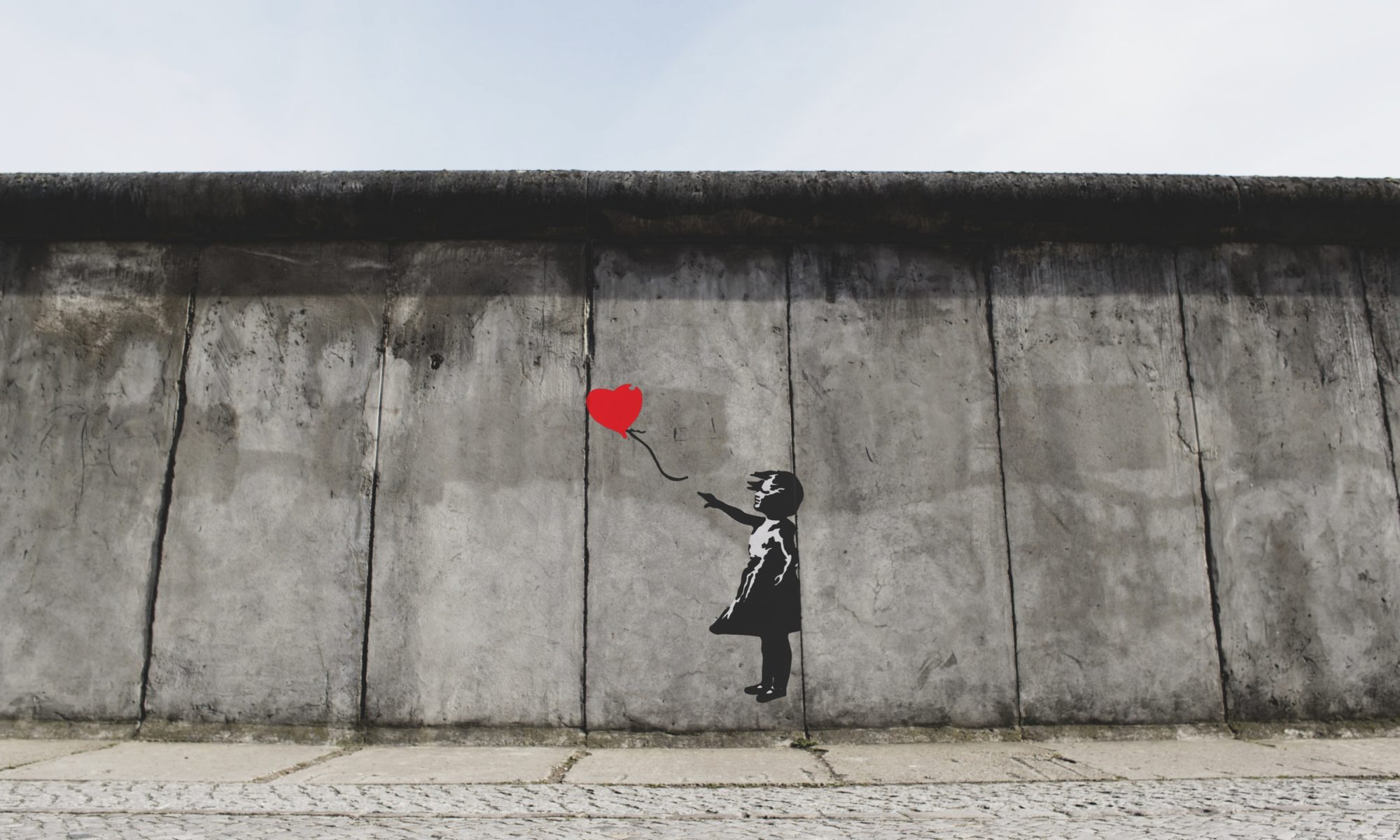Amateur Zizek-inspired post alert…
Last week, Alison Croggon wrote about encountering and making art in dark times at the (for now) scratch website, Witness (which will be going full steam ahead in 2018.) The full post is here. It’s an inspiring piece of writing and I’m particularly taken with the penultimate paragraph:
When meanings are destroyed, I turn to the making of meaning. I look for what will answer my anger and grief. I need to awaken in myself and to see awakened in others the possibilities of laughter, beauty, courage, joy, resistance, delight. I need the resources of imagination and knowledge that art can bring to bear on human experience, in all its complexity and contradiction, in all its fullness.
The key word here is meaning. Art actively creates meaning, i.e. meaning is the thing made in the moment of artistic elements coming together, not some previously immanent truth uncovered. For anyone who’s taken a longer playwriting course with me, they might guess the next place I’m going because of this. It’s my probable misreading of Slavoj Zizek’s reading of Lacan’s reading of Freud, in terms of something called triads.
The Freud triad is Id – Ego – Superego. And it’s dynamic. Most people have heard of all three. Have a think about the way that each of the three elements mediates the other. The triad means that all three are in play in the one personality at all times, and that you can’t really isolate one from the other, although each has a primary role. The Ego contains conflicts between the Id and the Superego, and so on and so on for the other two.
Going on to the Lacanian triad, we introduce the stuff that’s great for playwrights and screenwriters to think about: Imaginary, Symbolic and the Real. All are contained in the one dynamic system and each is partly mediated by the other two. Where Alison above writes of ‘meaning’ is where the Symbolic sits. And the Symbolic is the mediation of the Imaginary and what we take for the Real.
Why is this interesting? Because when you mess with the Symbolic, what things mean and how, you change a person’s feeling about the Real that underpins what life is all about.
This is a pretty big point. This is why mostly impoverished artists can be attacked as members of “the elite”. Writers and artists can effectively overturn people’s relationship to living simply by means of their craft.
Not many other professions (or hobbies) can do this. They might reflect people’s current configurations of their fantasies, representation and reality, but they seldom upset it.
People get upset about art and representation to degrees that might at first seem irrational compared to the ‘real’ injustices of the world, including the way we treat asylum-seekers, promote and provoke war, and allow the very rich to continue to fleece the rest of us via government influence and the market. But this dynamic helps explain why, and explains why irrationality is part of the response.
This dynamic explains why certain events have occurred in my playwriting career. For instance, I’ve watched audience members come to actual blows over their disagreement over my play, Falling Petals. I experienced walkouts during Post Felicity because of insinuations about the power of a cohort of Australian baby-boomers over the lives of their children and everyone else’s. When thought of in the context of this dynamic, it’s a wonder this does not happen more often.
Why is this important for playwrights and screenwriters to consider?
Because what you do is important, and by playing mostly in the realms of the symbolic and the imaginary, you will have an effect on what an audience’s sense of the Real will be well after the experience finishes.
But, also, consider where your own characters sit in these dynamics. Ask more than what does the world mean to them. Ask how the world makes meaning for them. What relationship between their fantasies and the reality of the way things are are being sustained by what kinds of symbols?
For instance, Slavoj Zizek contends that most people on both the left and the right of political engagement today have to/choose to justify themselves as victims first, in order to get authority to speak. Notice the perpetrators of far right violence in the Brexit and Trump elections have done exactly that before each act. The fantasy of being victims is sustained by a myriad of websites and social media, whatever the veracity.
The questions pose a level of difficulty if you haven’t thought about these before. But personally I find them fun. Characters become more puzzling and more real.
But I suppose that’s my fantasy.
—

